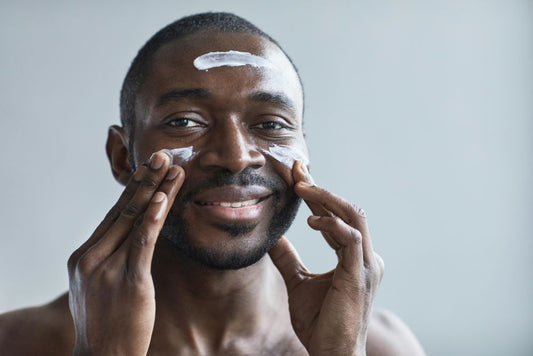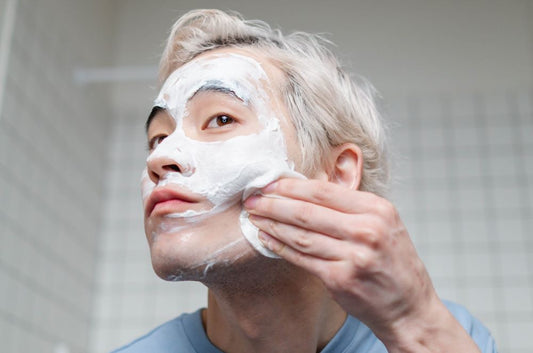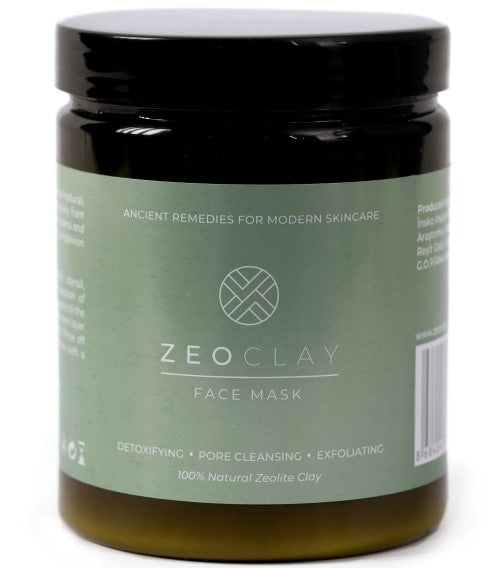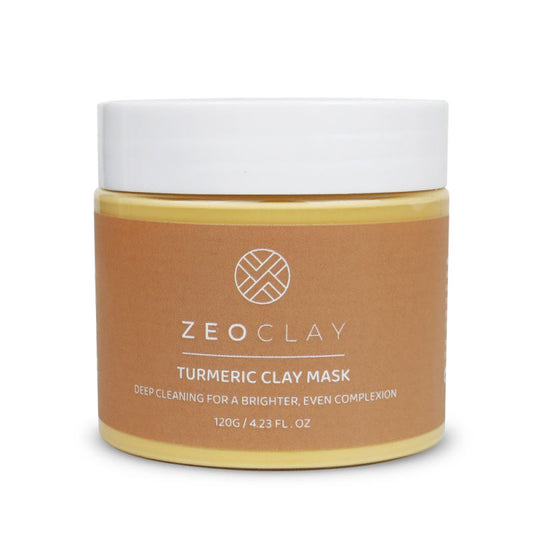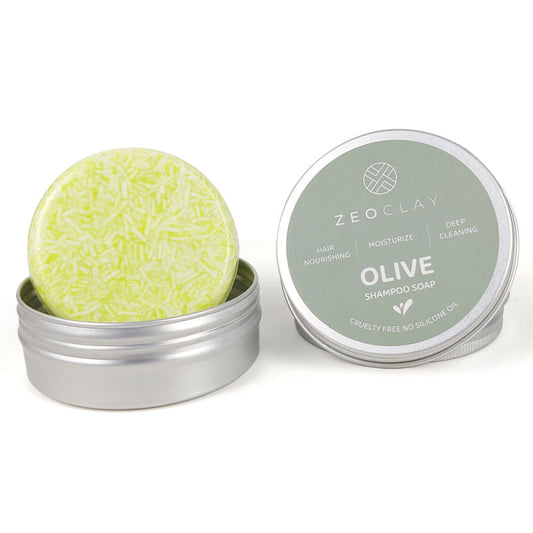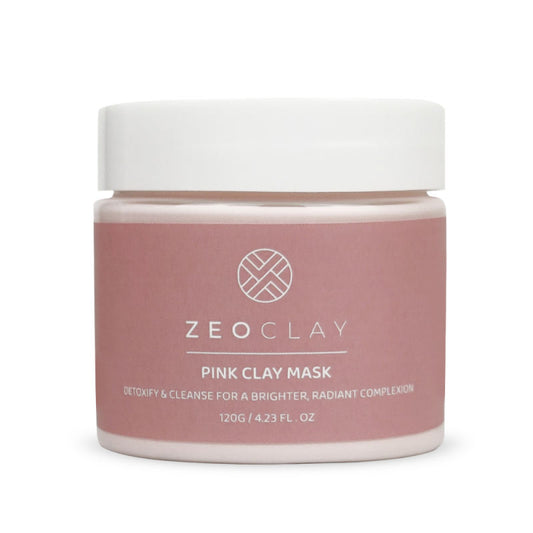Acne is a common skin condition that affects millions of people worldwide. It is characterized by the presence of pimples, blackheads, and whiteheads on the skin, often appearing on the face, chest, and back. While acne can be treated with a variety of medications and skin care products, some people may be interested in natural alternatives for managing their acne. One such alternative is Clinoptilolite, a type of zeolite mineral that has been shown to have potential benefits for acne-prone skin and the active ingredient in ZEOCLAY.
There is some evidence to suggest that Clinoptilolite can be effective at treating acne. One of the ways it may do this is by removing toxins and pollutants from the skin, which can help to prevent the development of new acne breakouts. Clinoptilolite may also help to reduce inflammation, which is a key factor in the development of acne. By reducing inflammation, Clinoptilolite may help to reduce the redness, swelling, and pain associated with acne.
In addition to these effects, Clinoptilolite may also help to improve the overall health of the skin by providing it with essential minerals and nutrients. Zeolites are known to be rich in minerals such as calcium, magnesium, and potassium, which are essential for maintaining healthy skin. By providing the skin with these nutrients, Clinoptilolite may help to improve its appearance and reduce the appearance of acne scars and blemishes.
Clinoptilolite is a natural mineral that has been shown to have potential benefits for acne-prone skin. It may help to remove toxins and pollutants from the skin, reduce inflammation, and provide the skin with essential nutrients, which can help to improve the overall health and appearance of the skin. While further research is needed to fully understand the effectiveness of Clinoptilolite for acne, it may be worth considering as a natural alternative for managing acne breakouts. As with any new treatment, it is important to speak with a healthcare professional before starting a Clinoptilolite regimen for acne.



